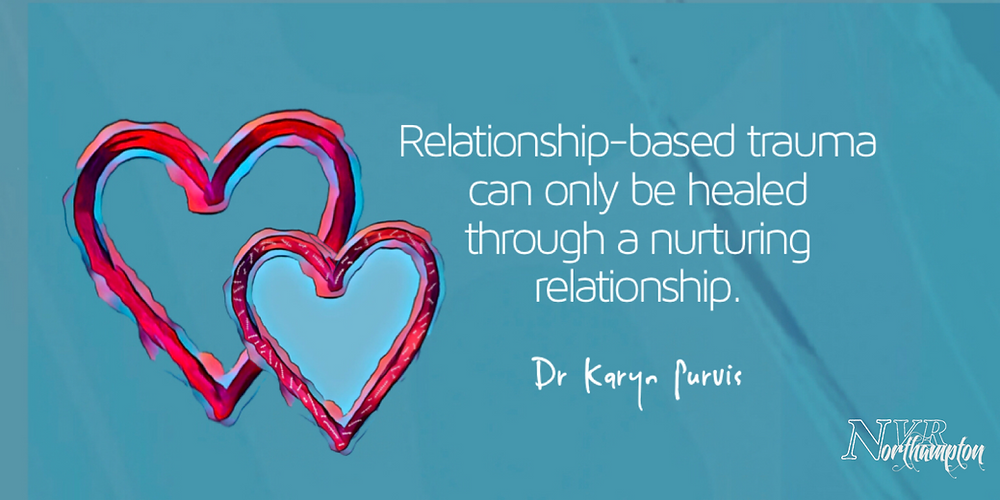
People go around shopping for romantic love with their 10 foot long checklist. We’re on the lookout for the best of the best, doesn’t matter that we’re ourselves an emotional mess. We expect our prospective partner to be the full package, but have we taken an honest look at our own baggage?
It’s about time we get called out on our one sided quest and work on ourselves instead of expecting someone to be mr or ms perfect. What are my attachment injuries and relational traumas? How do they impact my capacity at forming and sustaining intimate relationships? Have I sought therapy? If we fail to take a long and hard look at our own history, we will inevitably repeat it.
If we are insecurely attached, that’s a sure indicator that there’s healing that needs to be done. Having a secure attachment style is a rare commodity in today’s world. Unfortunately for us, falling somewhere on the spectrum of insecure attachment implies behaving in certain ways that can be compromising to the health of our relationships, particularly our romantic ones.
We behave from a fear based place. It only makes sense from a survival standpoint, when we were young and depended entirely on our caregivers to get our emotional needs met, when those needs were not consistently met, we interiorized the notion that we could not count on others to fulfill those all too important needs.
Those attachment wounds stay in us as we turn from kid to full blown adult. From the outside, we can look like an accomplished person, with their “shit together”, as conventional wisdom holds. Our inner world tells a very different story. Our romantic partner will be the best witness to the inner workings of our damaged heart.
Romantic relationships will activate different “modes” in us. Some of us will get stuck in the protest mode. When our fear of abandonment gets triggered, we will engage in certain ways, as a means of retaining the emotional connection we have with our partner. The sad part is that those attempts might be very counterproductive. We may relentlessly call or text our partner, guilt them into thinking they are the ones responsible for the way we feel, demand of them to give us their immediate and full attention in a moment that isn’t feasible for them.
Others will ride or die by the extreme independence mode. This is the coping mechanism of choice for those who have an avoidant attachment style. They crave a relationship, but they don’t want the emotional intimacy that comes with it. They are quite the experts at pretending they don’t have emotional needs, therefore they ought to shut down any emotion related talk.
Avoidants also master the hot and cold mode. One step forward, two steps back. The more you push, the more they pull away - what I like to call the emotional dance of death. Because no matter what steps each partner makes, you two will never dance in synch with each other.
New partner, same traumas, and without proper healing, relational traumas is the gift that keeps on giving. Most of us walk through life carrying significant attachment injuries. Unfortunately for us, we most likely inherited those relational wounds from our parents. Unless we become aware of them and actively take the steps to heal, the wheel of misfortune will keep on turning and our own kids will receive the same relational traumas that our parents passed on to us.

Most things can be categorized into good, bad and ugly. Sometimes all should be repeated, re-posting this. 🔮🧿🧩